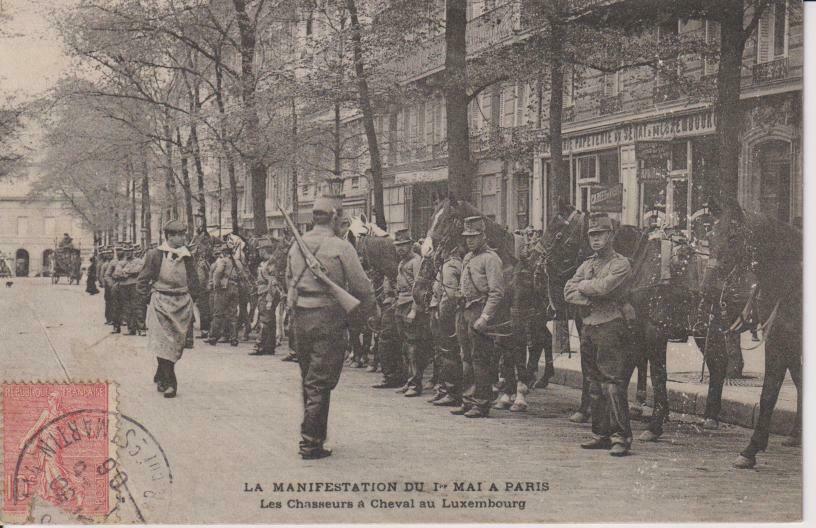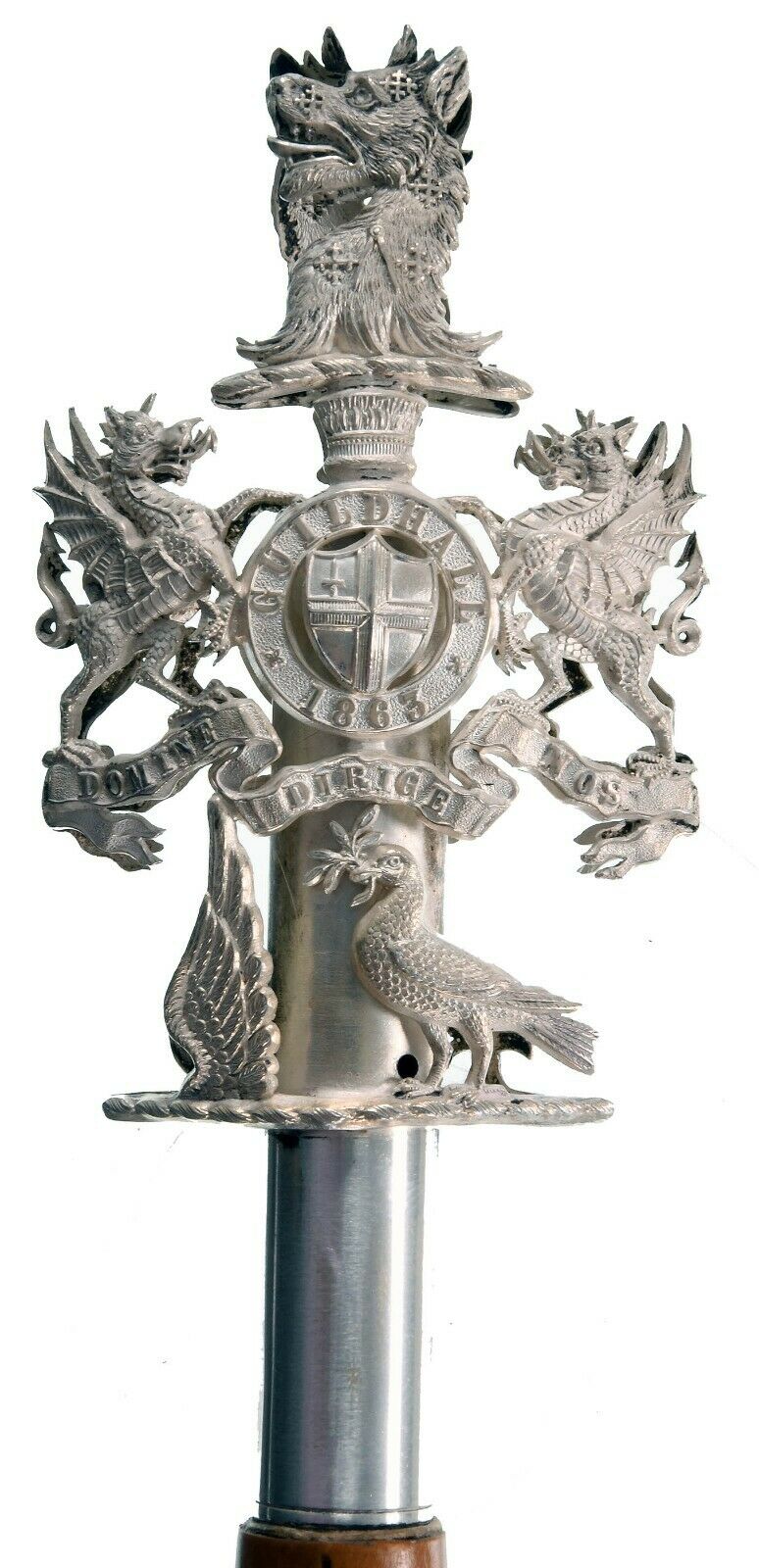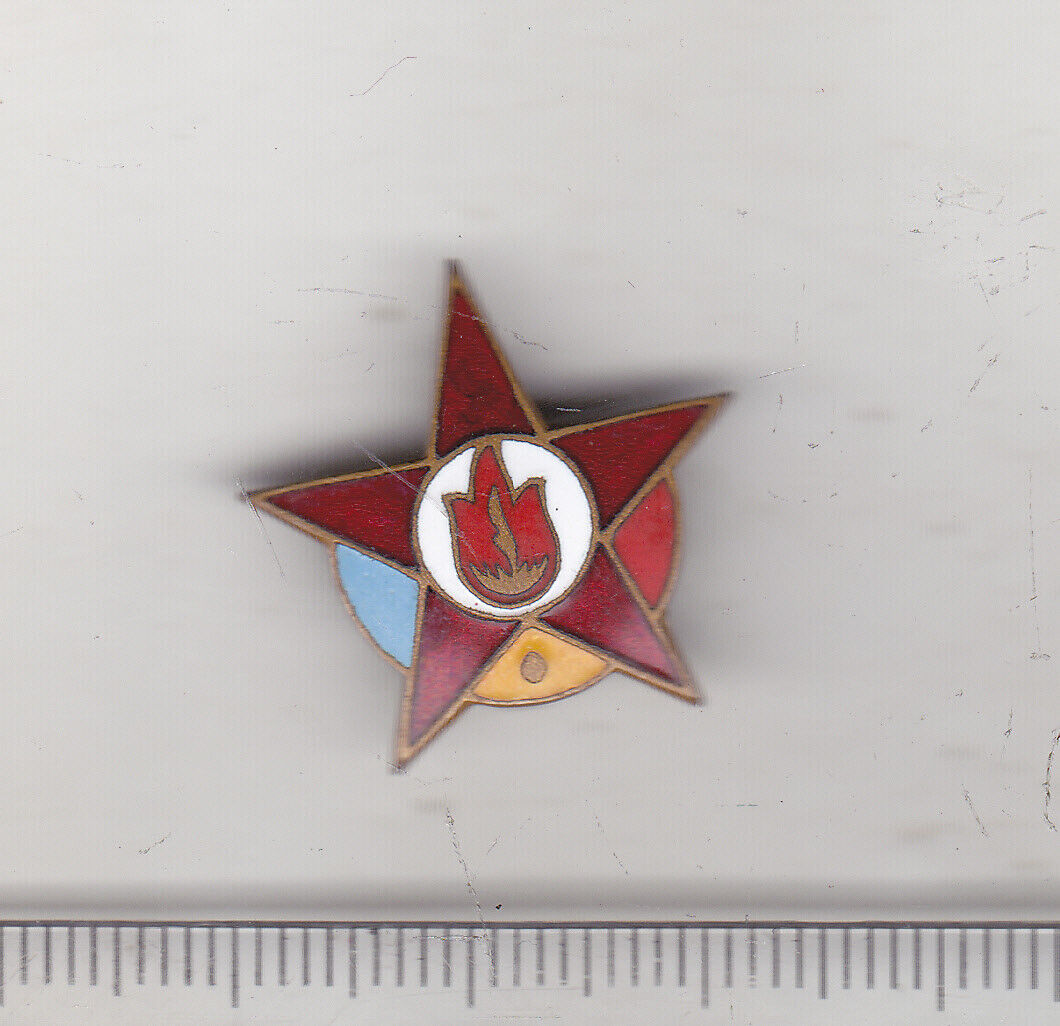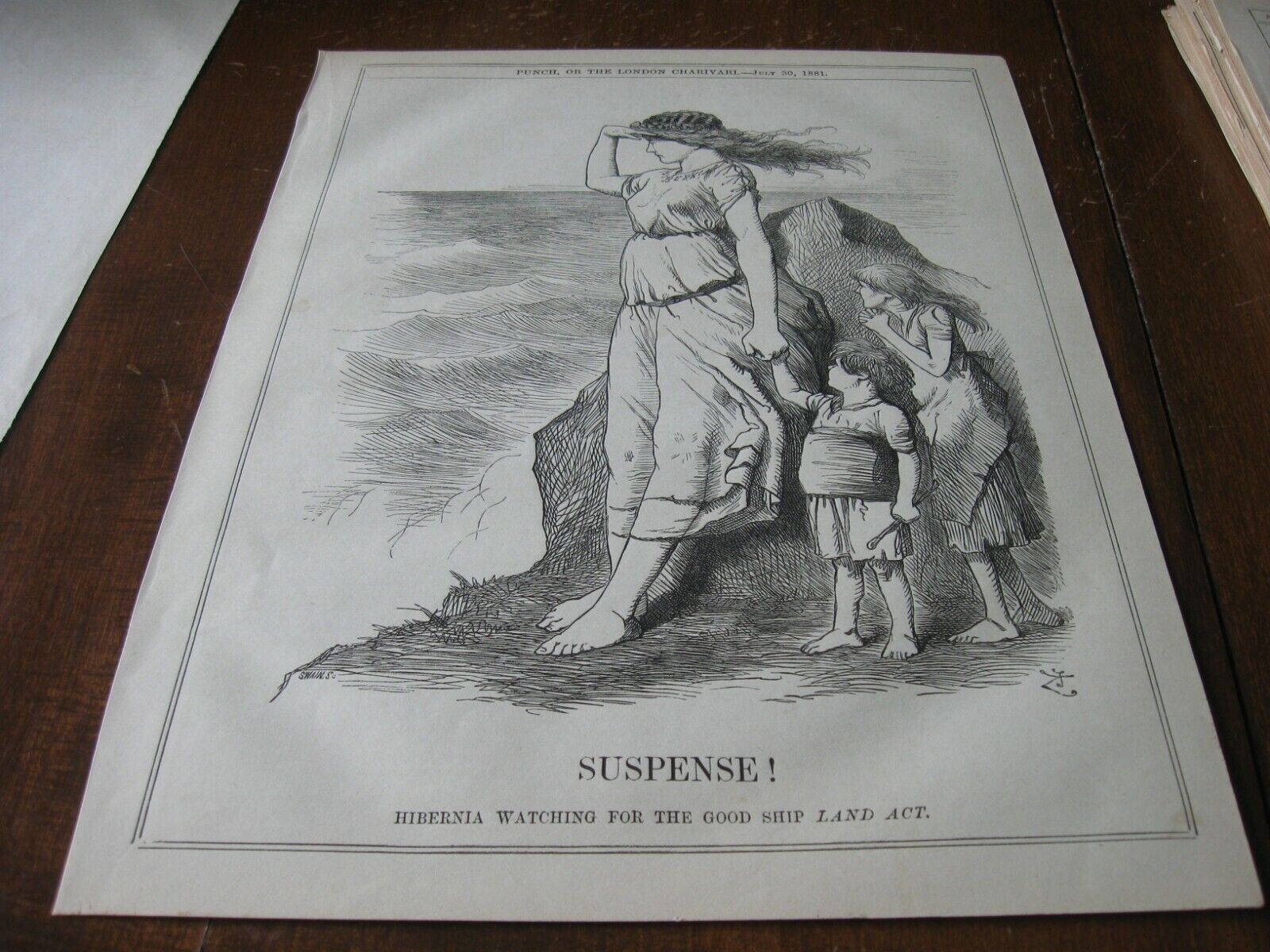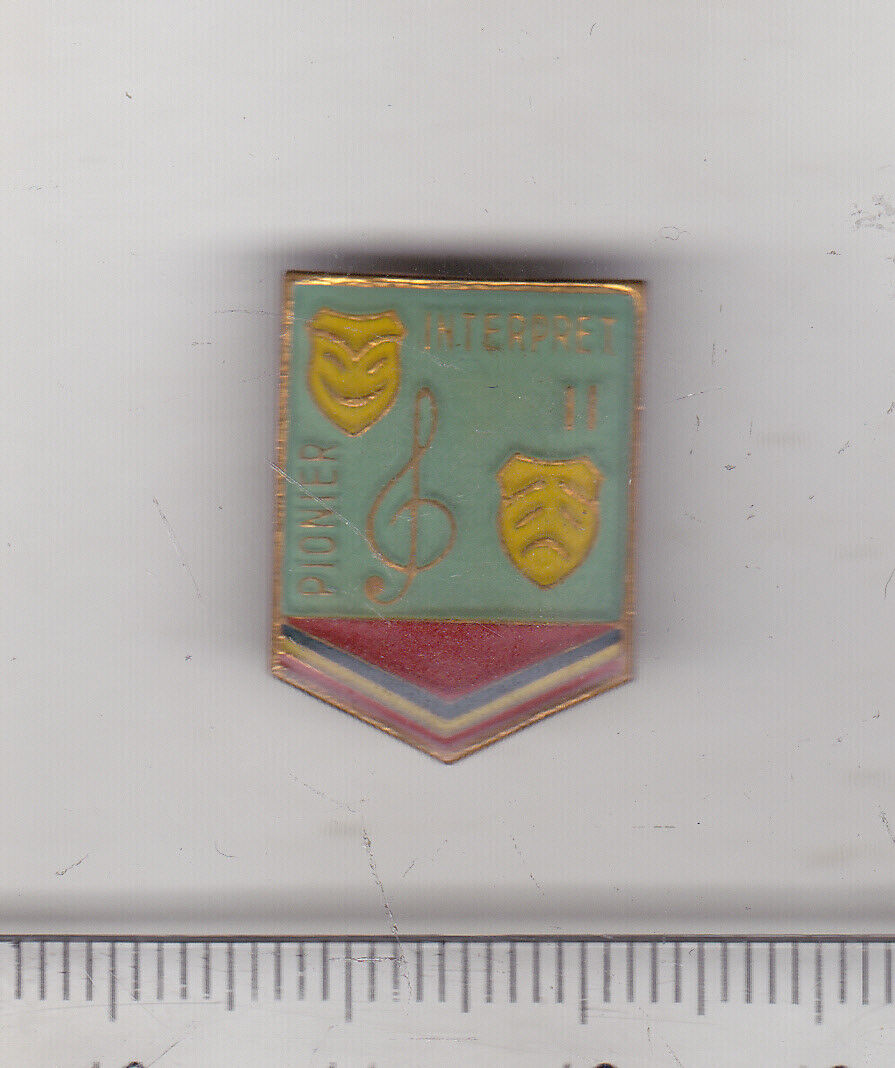-40%
1894-1906-JUDAICA-THE DREYFUS AFFAIR-L'ECRITURE D'ESTERHAZY-VERY RARE PC-13
$ 31.67
- Description
- Size Guide
Description
The condition of this item can be seen on the scan.Shipping is .00 for a single item and .00 for multiple items for registered mail.
You can pay me with:
PayPal
Dreyfus affair
From Wikipedia, the free encyclopedia
Jump to navigation
Jump to search
For the film series, see
The Dreyfus Affair (film series)
.
Alfred Dreyfus
Part of
a series
on the
Dreyfus affair
Military degradation of Alfred Dreyfus
Investigation and arrest
Trial and conviction
Picquart's investigations
Other investigations
J'Accuse…!
Resolution
People
Alfred Dreyfus
Ferdinand Walsin Esterhazy
Alphonse Bertillon
Hubert-Joseph Henry
Georges Picquart
Émile Zola
v
t
e
Part of
a series
on
Antisemitism
Part of
Jewish history
Part of
Discrimination
History
Timeline
Reference
Definitions
[show]
Manifestations
[show]
Antisemitic canards
[hide]
Blood libel
Deicide
Dreyfus affair
Finance control
Franklin Prophecy
Host desecration
Jewish lobby
Judensau
Judeo-Bolshevism
Judeo-Masonism
Kosher tax
Media control
Rootless cosmopolitan
Stab-in-the-back myth
Well poisoning
ZOG conspiracy
Antisemitic publications
[show]
Antisemitism on the Web
[show]
Persecution
[show]
Opposition
[show]
Category
v
t
e
The
Dreyfus Affair
(
French
:
l'affaire Dreyfus
,
pronounced
[lafɛːʁ dʁɛfys]
) was a
political scandal
that divided the
Third French Republic
from 1894 until its resolution in 1906. 'The Affair', as it is known in French, has come to symbolise modern injustice in the Francophone world,
[1]
and it remains one of the most notable examples of a complex
miscarriage of justice
and
antisemitism
. The role played by the
press
and
public opinion
proved influential in the conflict.
The scandal began in December 1894 when Captain
Alfred Dreyfus
was convicted of
treason
. Dreyfus was a 35-year-old
Alsatian
French artillery officer of
Jewish descent
. He was sentenced to
life imprisonment
for allegedly communicating French military secrets to the German Embassy in Paris, and was imprisoned on
Devil's Island
in
French Guiana
, where he spent nearly five years.
Evidence came to light in 1896—primarily through an investigation instigated by
Georges Picquart
, head of counter-espionage—which identified a French Army major named
Ferdinand Walsin Esterhazy
as the real culprit. When high-ranking military officials suppressed the new evidence, a military court unanimously acquitted Esterhazy after a trial lasting only two days. The Army laid additional charges against Dreyfus, based on forged documents. Subsequently,
Émile Zola
's
open letter
J'Accuse…!
, stoked a growing movement of support for Dreyfus, putting pressure on the government to reopen the case.
In 1899, he was returned to France for another trial. The intense political and judicial scandal that ensued divided French society between those who supported Dreyfus (now called "Dreyfusards"), such as
Sarah Bernhardt
,
Anatole France
,
Henri Poincaré
and
Georges Clemenceau
, and those who condemned him (the anti-Dreyfusards), such as
Édouard Drumont
, the director and publisher of the antisemitic newspaper
La Libre Parole
. The new trial resulted in another conviction and a 10-year sentence, but Dreyfus was pardoned and released. In 1906, Dreyfus was
exonerated
and reinstated as a major in the
French Army
. He served during the whole of
World War I
, ending his service with the rank of lieutenant-colonel. He died in 1935.
The affair from 1894 to 1906 divided France into the pro-Army, mostly Catholic "anti-Dreyfusards" and the anticlerical, pro-republican Dreyfusards. It embittered French politics and encouraged radicalisation.


